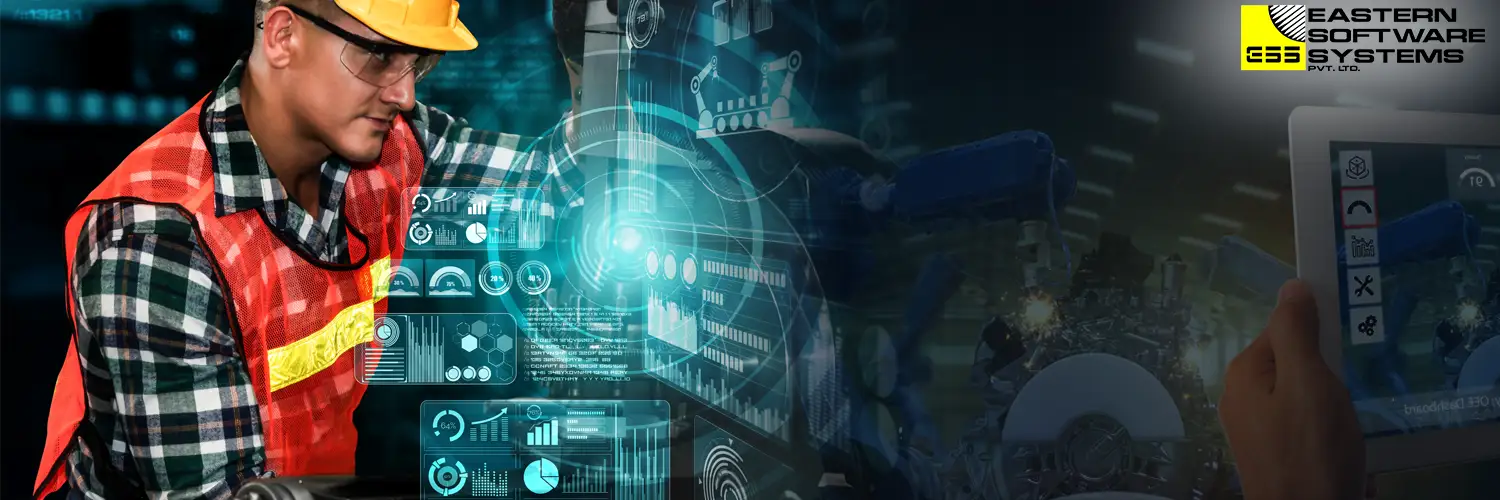How RPA In Manufacturing Industry Is Transforming Business Processes?
With RPA bots at their side, manufacturers can automate various processes while consistently keeping up with an ever-changing demand for faster and more efficient production.
Share this Post to earn Money ( Upto ₹100 per 1000 Views )

For years, the manufacturing industry has been using physical robots to automate many of the processes in the assembly line and packaging, but they still struggle to keep backend processes speedy and simple—primarily due to untrained workforce, time-intensive processes and regularly changing regulations.
Robotic Process Automation (RPA) is addressing these pain points for Manufacturing Industry. RPA can be used as the key technology for end-to-end process automation. Cross-industry manufacturers are using it to streamline complex backend processes including invoicing, vendor communication, payment processing, Bill of Materials (BOM), report generation, and more.
Automating rule-based and repetitive operations, RPA in manufacturing industry is helping businesses to focus more on product innovation and core strengths instead of day-to-day tasks that are of course critical but repetitive and laborious in nature. RPA results in increased process execution speed, efficiency, and accuracy.
Key Advantages of RPA For Manufacturing Industry
With RPA bots at their side, manufacturers can automate various processes while consistently keeping up with an ever-changing demand for faster and more efficient production. RPA is non-intrusive and works seamlessly with the existing legacy systems without changing the existing enterprise IT landscape of any organization. RPA in manufacturing sector provides the following advantages:
• Reduction in operational cost by 60%
• Data capturing and data entry accuracy by 100%
• Reduce operating costs by 40%
• Mitigate labor shortage
• Process shipments faster than ever
• Documented trail of work performed for audit
• Increase control over processes
• Maximize employee performance
• Significantly lower downtime
• Increase quality and compliance
How Is RPA Used In Manufacturing Industry?
Physical robots have been successful in streamlining assembly, testing, and packaging line in the manufacturing industry for many years. However, the industry struggles to automate back-office processes.






